 I wrote a "slice of life" piece about my son's baseball game last week but felt that it was important to include some personal background to give you some context for the story:
Growing up, I was a competitive gymnast, tennis player and golfer. I had a driving force that would send me to the gym, tennis court and driving range for hours on end (Too many injuries pulled me out of gymnastics and I fizzled out of tennis because I simply wasn’t good enough). Over time, when I hit a rough spot during my teenage years, my internal drive was still strong but it had shifted. I was motivated more by negative forces than positive ones, and my self talk often sounded like this, “If you don’t win, you are worthless, a nothing. Work harder and whatever you do, DON'T FAIL.”
I wrote a "slice of life" piece about my son's baseball game last week but felt that it was important to include some personal background to give you some context for the story:
Growing up, I was a competitive gymnast, tennis player and golfer. I had a driving force that would send me to the gym, tennis court and driving range for hours on end (Too many injuries pulled me out of gymnastics and I fizzled out of tennis because I simply wasn’t good enough). Over time, when I hit a rough spot during my teenage years, my internal drive was still strong but it had shifted. I was motivated more by negative forces than positive ones, and my self talk often sounded like this, “If you don’t win, you are worthless, a nothing. Work harder and whatever you do, DON'T FAIL.”
Surprise, surprise, those messages, which pounded in my head for years, would ultimately destroy my ability and motivation to compete. I never developed the essential coping mechanisms for dealing with failure that all successful athletes must cultivate for times when they are in a slump, they lose a game or a match, or are not performing at the level to which they are accustomed. My lack of resiliency would explain why after shooting a terrible first round in the state high school golf tournament my junior year, followed by an equally terrible second round, I refused to pick up a golf club for decades.
Which brings me to today. I have now have a son who is a competitive baseball player, and anyone who knows anything about baseball knows that it is game of failure. The best of the best pro baseball players hit the ball three out of every ten times, and the scoreboard has an actual spot that highlights the number of ERRORS the players make (not fouls, like in basketball, but errors-as in how many times you totally screw up). And my son plays two of the most high-pressure positions out there: short stop and pitcher.
I love to watch my son play. But in all honesty, there are times when I think I will explode from the nervous energy that brews within me. As much as I try to push my old demons away, to try and separate my stuff from his, so that I can support him and love him no matter what successes or failures he experiences on the field, there are times when my competitiveness takes some of that joy away. Every single time I find myself feeling stressed or anxious about a game of his, I have to talk myself off the ledge and remind myself that this is my MY fear of failure and MY difficulty in dealing with competition—not his, and that it is crucial that I do not drop my old baggage on him.
I have seen him have moments when he did not deal with failure as well as he wanted to. But watching him work his way through these issues, and find coping and recovery strategies for dealing with failure has provided him with some of his most important life lessons and has been incredibly healing for me.
The Story:
I needed a break. I could tell that my energy wasn’t helping him. My perfectionism, my fear of failure, my feeling that I could some how control the outcome of his baseball game by willing him and his team to succeed. It was time for me to separate myself and let him play his game. He was in a slump, had had a tough game the night before, and I felt that my presence at his game was some how hurting him.
Could that be true? What if it was?
The section tournament game—a game not to miss. The team wins, they move on; they lose, they are done. “I’m thinking of sitting this one out, hun,” I mentioned to my son the day of the big game, trying to sound casual about it. “It seems like that the games that you played when dad and I were out of town were the best three games of your season. How would you feel if I didn’t come? Do you think it’s less pressure for you if I am not there,” I asked him somewhat tentatively.
“Mom, it doesn’t matter if you are there or not. Do what you want,” he responded, like a typical 17-year-old.
Ok. Got it. But I still felt unsure. How could I really not go? Would the other parents think I am not supporting him? Am I being crazy? My husband said that it is okay either way. “He knows you love him,” David said, trying to ease my tension. And he repeated my son's message, “Do what you need to do,” but added, “It will be okay.”
My youngest daughter and I headed out to the lake and she jumped thrillingly into the hot tub while I sipped a beer and sat on a deck chair allowing the blazing sun to warm my face and offer me some semblance of calmness. I exhaled and felt like I was a million miles away, and that a million pounds had been lifted off my chest. I knew I could support him better from where I sat; that my energy was positive and detached—not in an “I don’t care” kind of way, but in a spirit of letting go and practicing self-care kind of way. It was better for me to not be in the stands riveting with anxiety, and deep down I knew that this was most likely better for him.
But there was that all-too familiar feeling of guilt to reckon with—that frustration with myself and more questioning, ”Why can’t you just go enjoy your son’s game? What kind of mom doesn't go to his son's section baseball game?” Well, I guess this kind of mother, whose 10-year-old daughter splashed in the hot tub, thrilled that she would not be dragged to her millionth baseball game of the season. Thrilled to have time alone with me—a relaxed me (or at least trying to be).
“J just got a hit and drove in a run,” my husband’s text message popped up on my phone and pulled my eyes away from my daughter, and away from my here and now. I smiled and mindfully tried to stay focused on her, chasing the “I SHOULD be there” thoughts away. “Mom, watch me swim laps! Time me,” Jo blared toward me before submerging her entire body under water.
As I a concentrated on my stop watch on my phone, it buzzed again. “They are hitting us like it’s batting practice. We are down 6-2,” my husband revealed. O.k., another big inhale as my mind turned to the seniors who could be playing their last game, and then jumped ahead to next year when my son would be a senior (oh my!). Then my heart became even heavier as I thought of the 8th grader who made the varsity team and whose dad was rapidly losing his 3-year battle with cancer. Would his dad get to see him play another baseball game?
“Mom! How many laps did I swim?! How fast did I swim them? Mom, come on, please get off your phone!” I peeled my eyes away from my hand held device and back to the here and now. Back to my daughter’s youth and innocence—a reminder that despite the fact that life is filled with all different kinds of losses, there is also so much joy. I was reminded that it is okay to sit back sometimes and allow myself to just be, and to take care of myself, and trust that my son knows how very important he is to me, and how much I love and believe in him, no matter where I am or where he is. I hoped that all my children feel this.
"Twenty-five laps in 35 seconds! Best yet,” I shouted loud and proud, as if she had just beaten Michael Phelps’ record (there I go again!).
My phone vibrated. That magical and yet baneful piece of plastic and metal, which has the power to instantly pull me out of the present and split me in two—I’m here but I’m there—which is actually kind of nowhere. I should just turn it off. Yep, I’m turning it off. I grabbed the phone out of my pocket and positioned my finger on the power button. As I started to press down, I glanced down for a split second as the words flew off the screen and and hit me on the head.
“J hit a home run.”
My eyes filled with tears and my heart began to pound so loudly I was sure my daughter could hear it from under water.
"No way," I managed to type, half wondering if my husband was telling me the truth. My son had never hit a home run.
“Yep, first of his career,” my husband revealed (as if I didn’t know).
My daughter looked at me and asked me what was wrong. “Honey, you need to dry off, we are going for a ride,” I told her, and continued to explain to her about her brother’s milestone and that I just needed to be there when he walked off the field.
As we drove out to catch the last few innings of the game, I felt at peace. I didn’t know if he would have hit his first home run if I had been in the stands that night. But it didn’t really matter. I was truly and completely happy for him. And I was happy that I was able to let go and create some healthy space for myself and for my son.
This was a victory in and of itself.

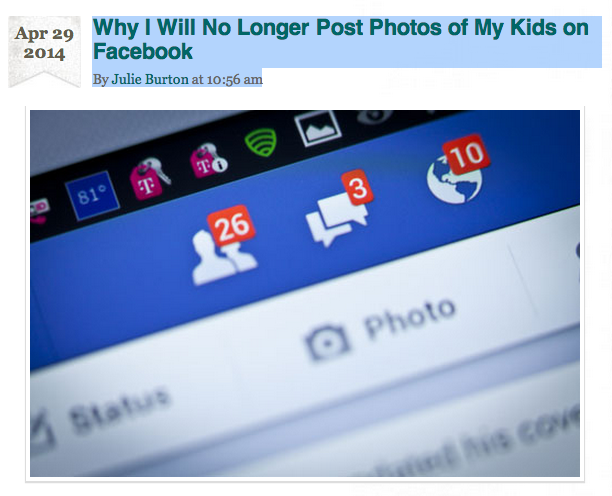


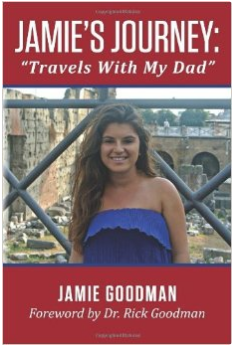
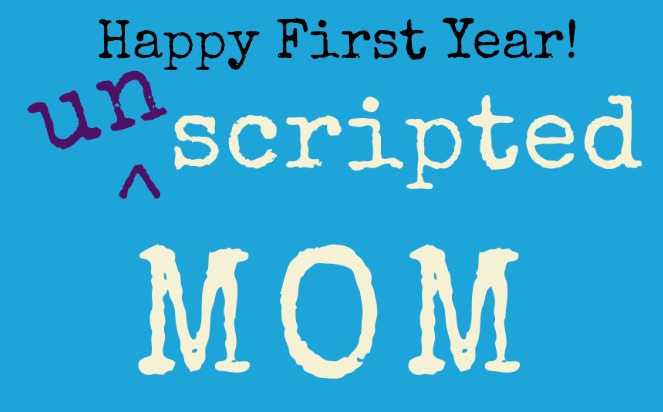
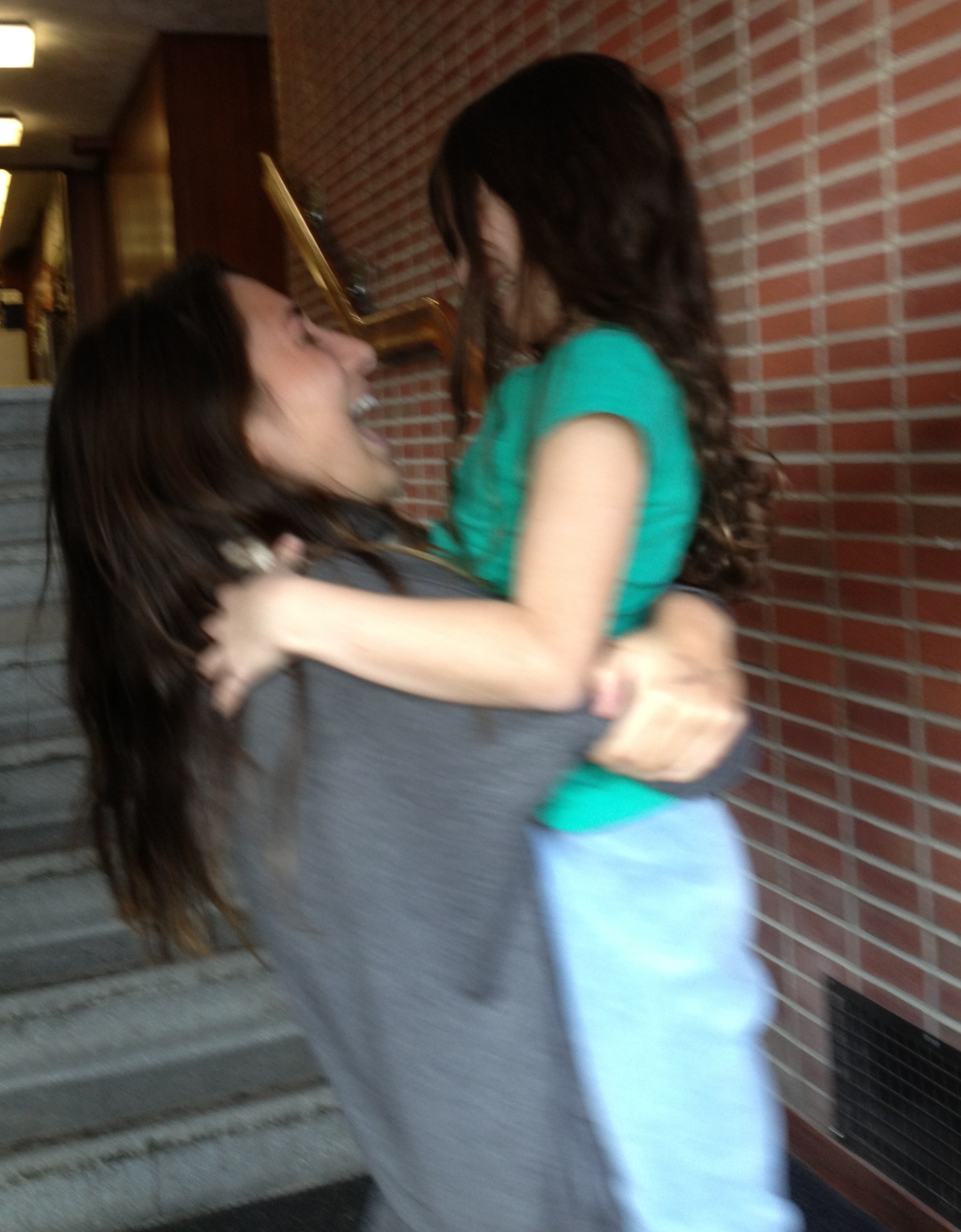

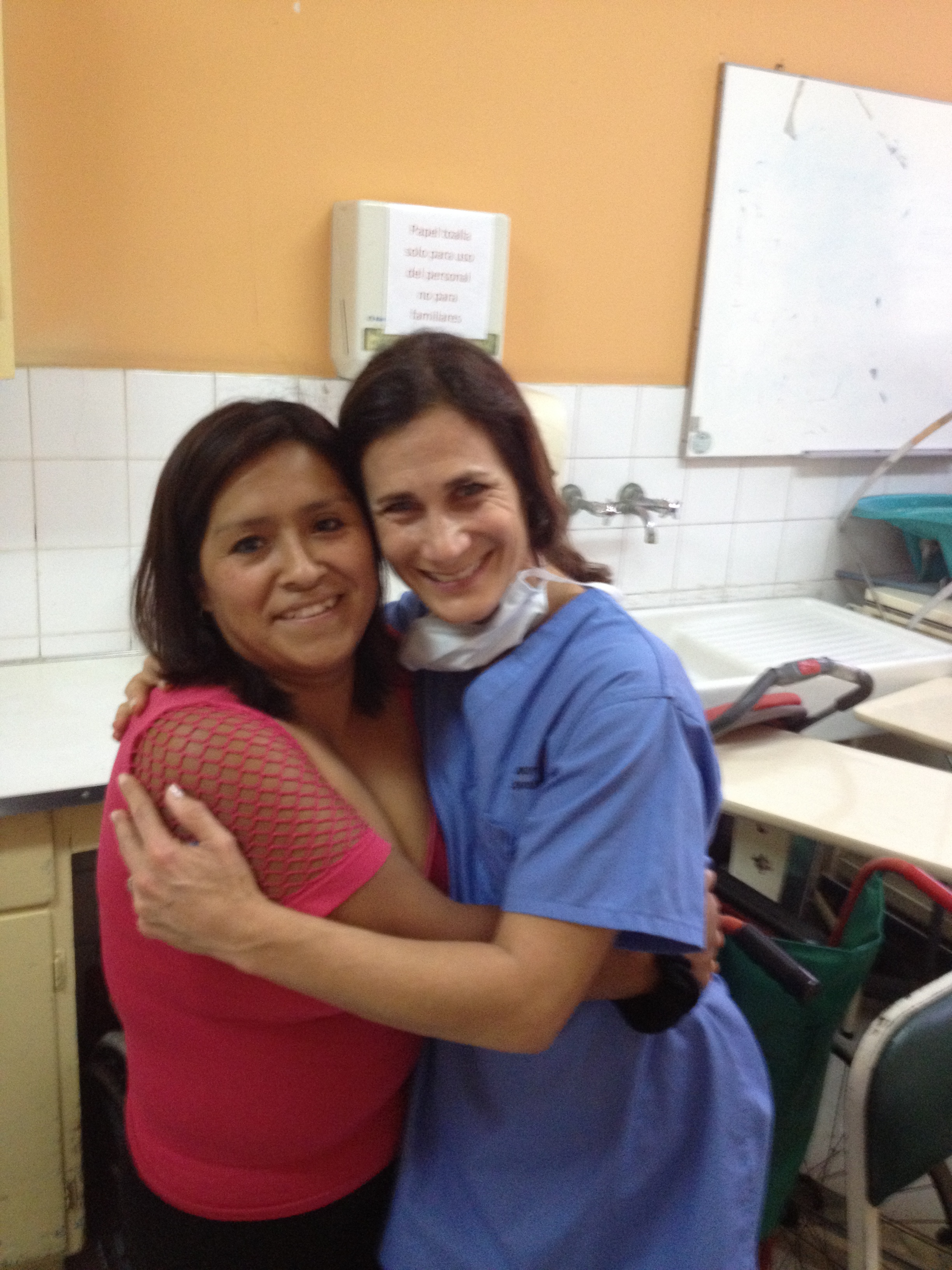
 “The angry man should make himself like a deaf person who does not hear, and like a mute person who does not talk. If he must speak, it should be in a low voice and with words of reconciliation. Even if his heart is burning like fire, and his rage flames within him, he is capable of controlling his words.” (by Rabbi Eliezer Papo from his essay entitled "Anger")
“The angry man should make himself like a deaf person who does not hear, and like a mute person who does not talk. If he must speak, it should be in a low voice and with words of reconciliation. Even if his heart is burning like fire, and his rage flames within him, he is capable of controlling his words.” (by Rabbi Eliezer Papo from his essay entitled "Anger")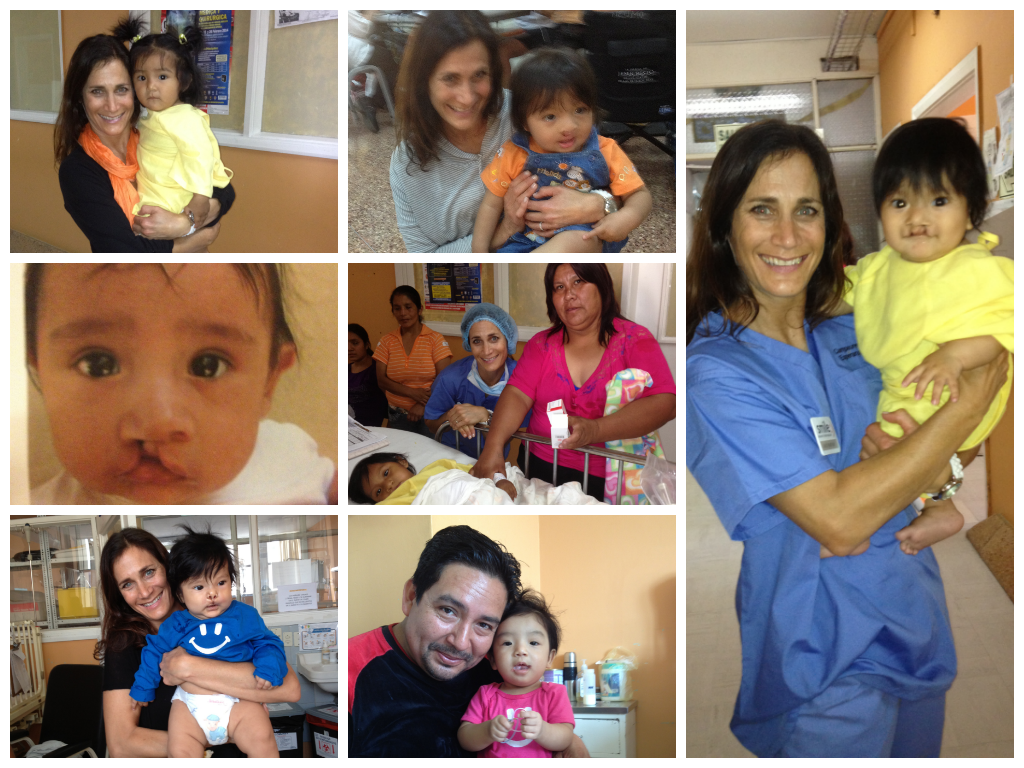
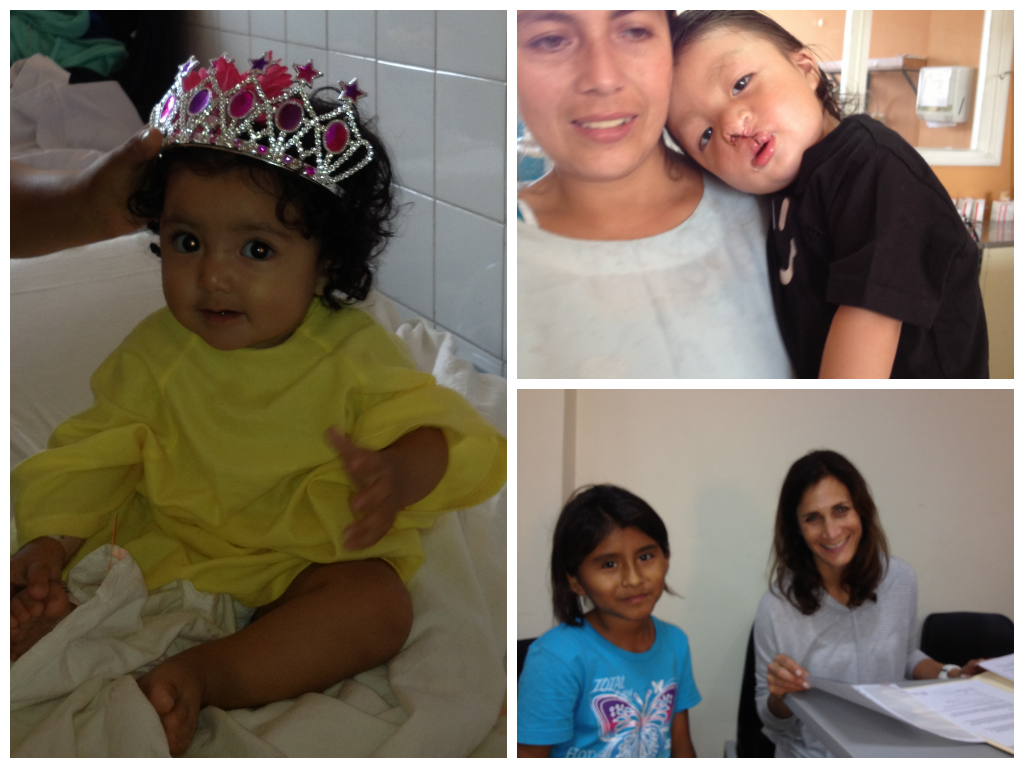
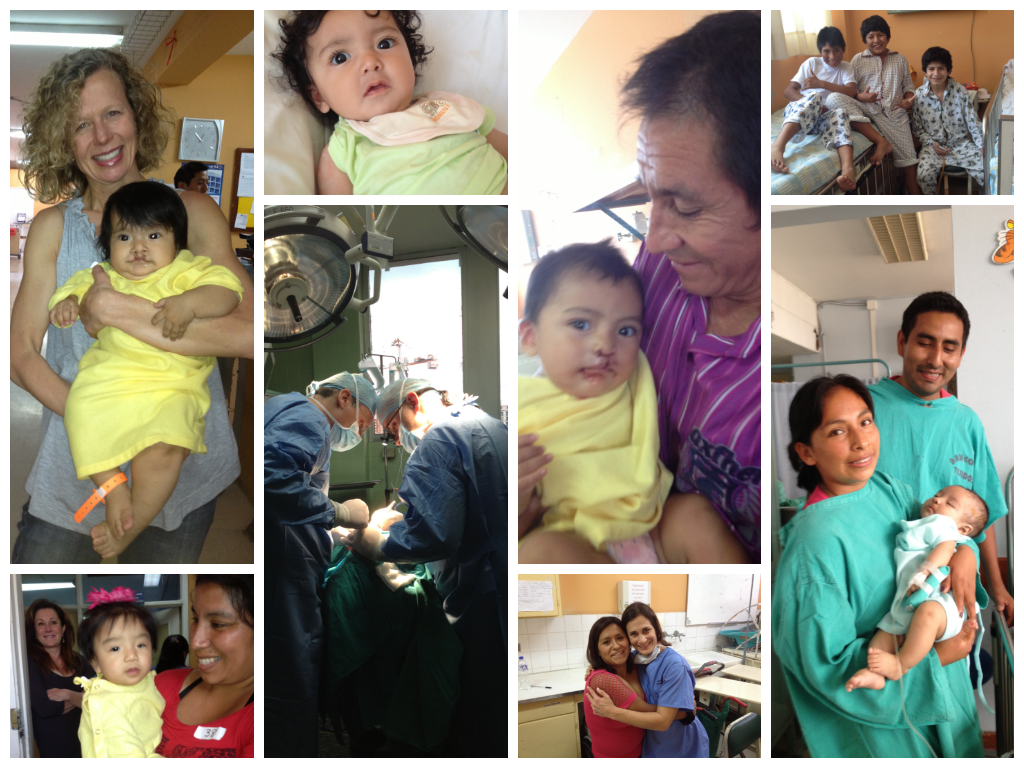
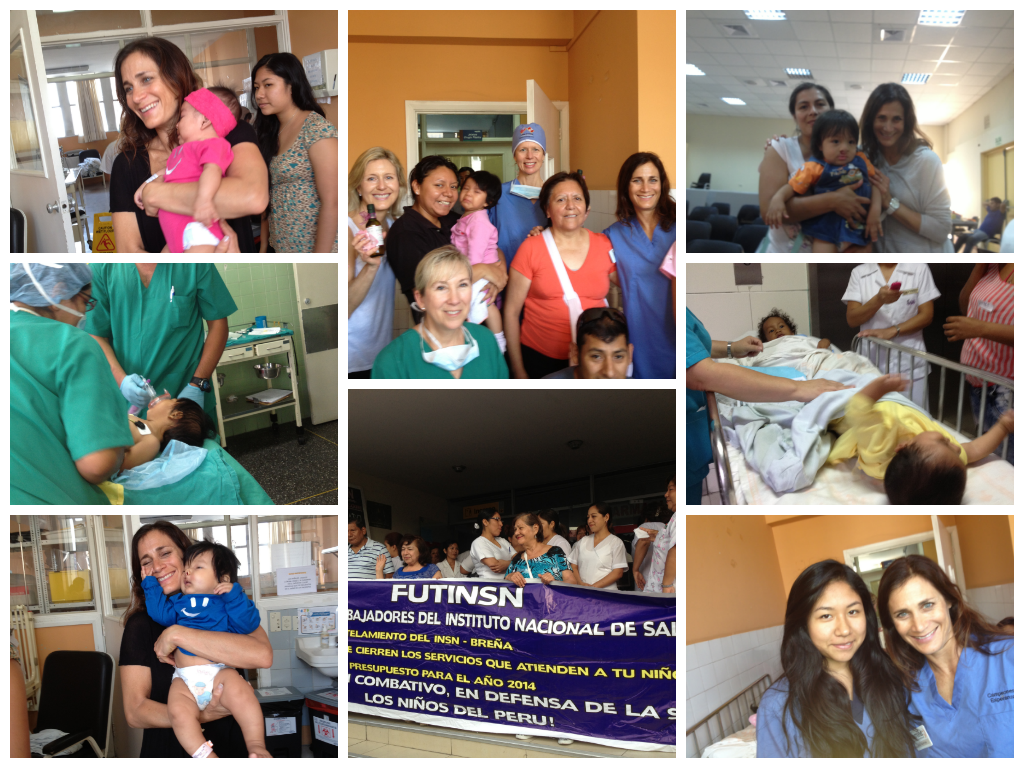
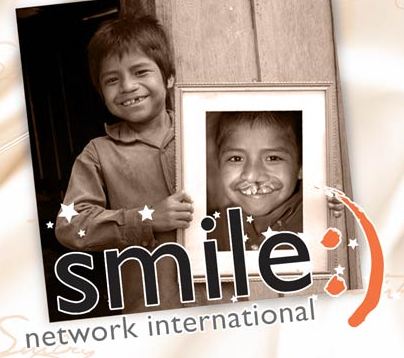
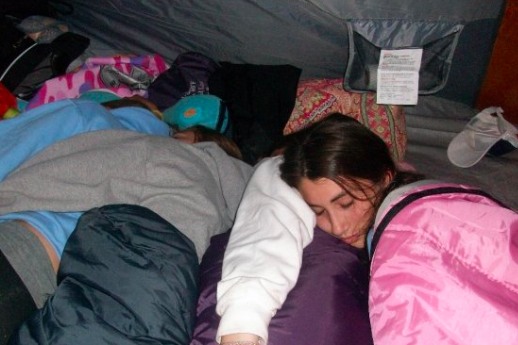


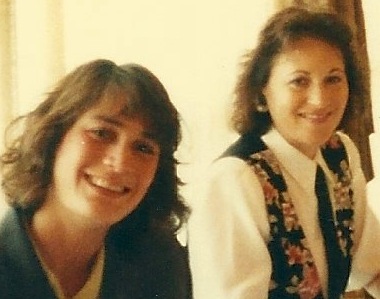 This has been an incredibly emotional and monumental week. Being a writer, there is one thing I am driven to do when my head and heart feel like they are going to simultaneously explode. For better or for worse (and I really hope it is for the better), I write. So, I broke down some of the extreme feelings that I have had over this past week into two categories and tried to make some sense out of them. I also tried to find the lessons in what I've experienced and would like to share some of my epiphanies/“ah-hah" moments with you:
This has been an incredibly emotional and monumental week. Being a writer, there is one thing I am driven to do when my head and heart feel like they are going to simultaneously explode. For better or for worse (and I really hope it is for the better), I write. So, I broke down some of the extreme feelings that I have had over this past week into two categories and tried to make some sense out of them. I also tried to find the lessons in what I've experienced and would like to share some of my epiphanies/“ah-hah" moments with you:

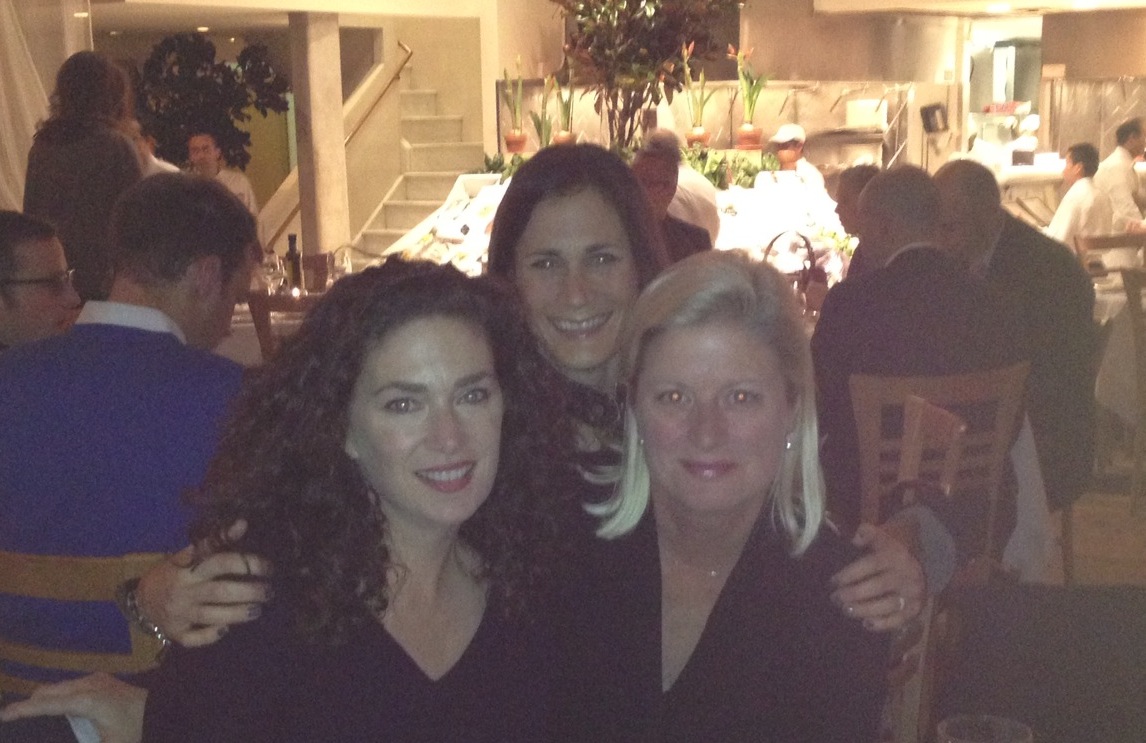 I am so excited and honored to be a part of Jessica Smock and Stephanie Sprenger’s upcoming book
I am so excited and honored to be a part of Jessica Smock and Stephanie Sprenger’s upcoming book